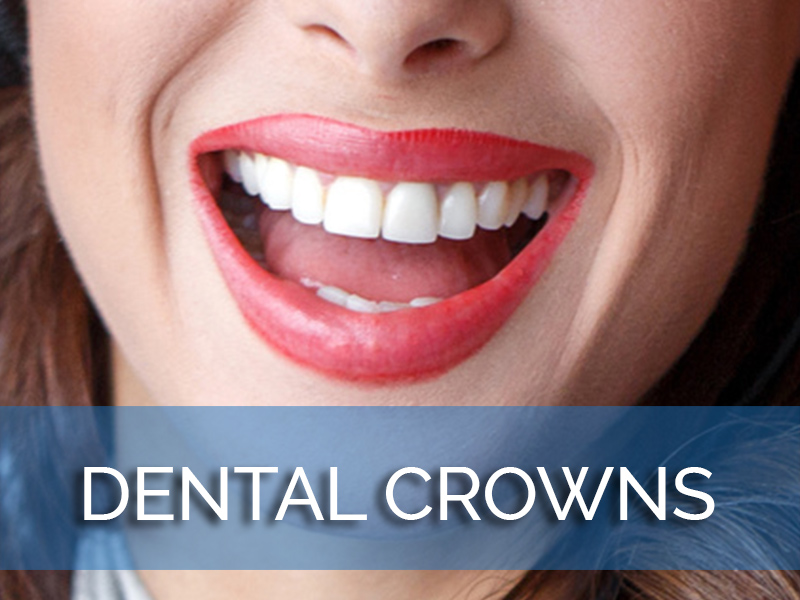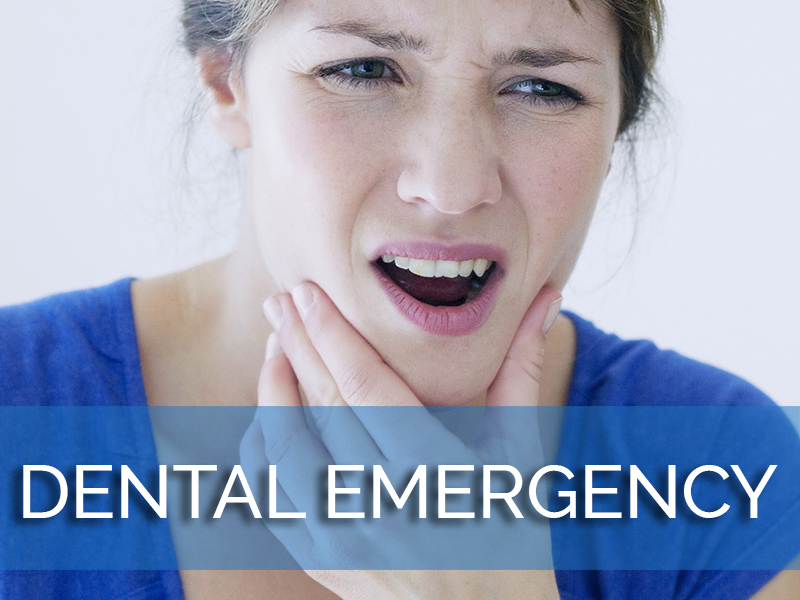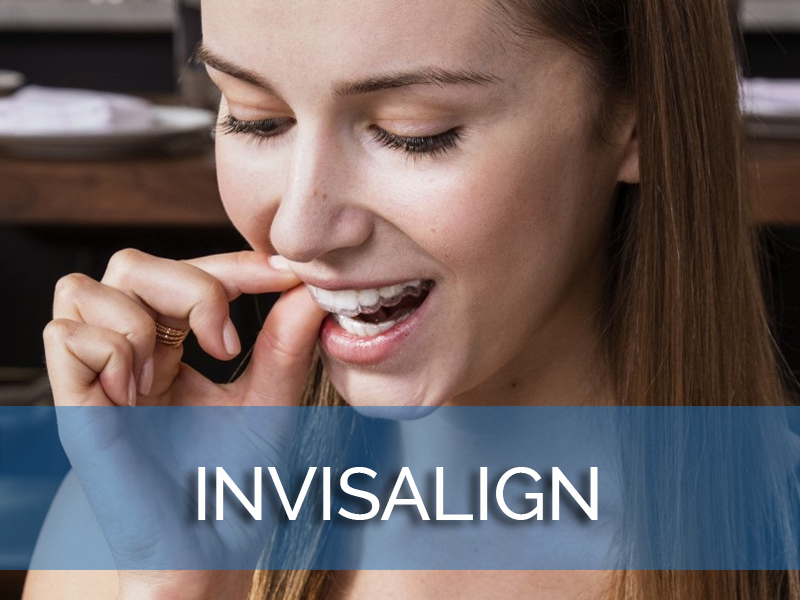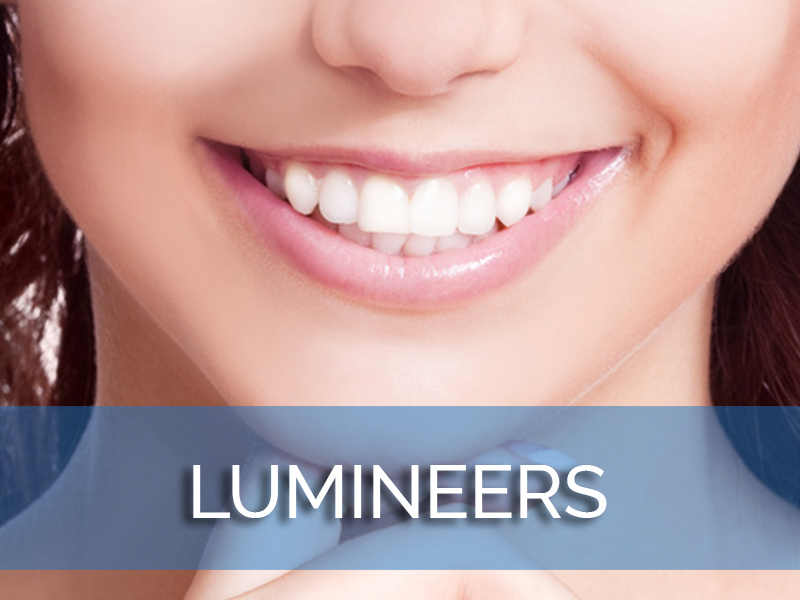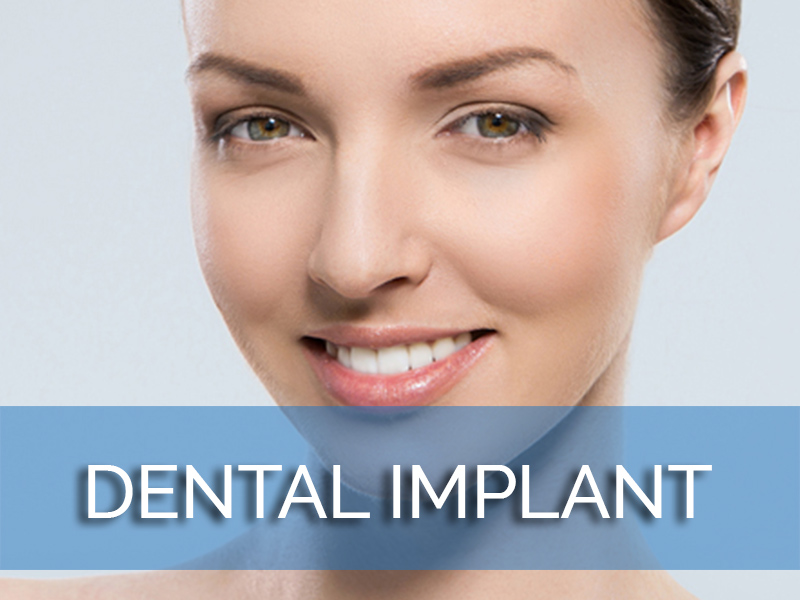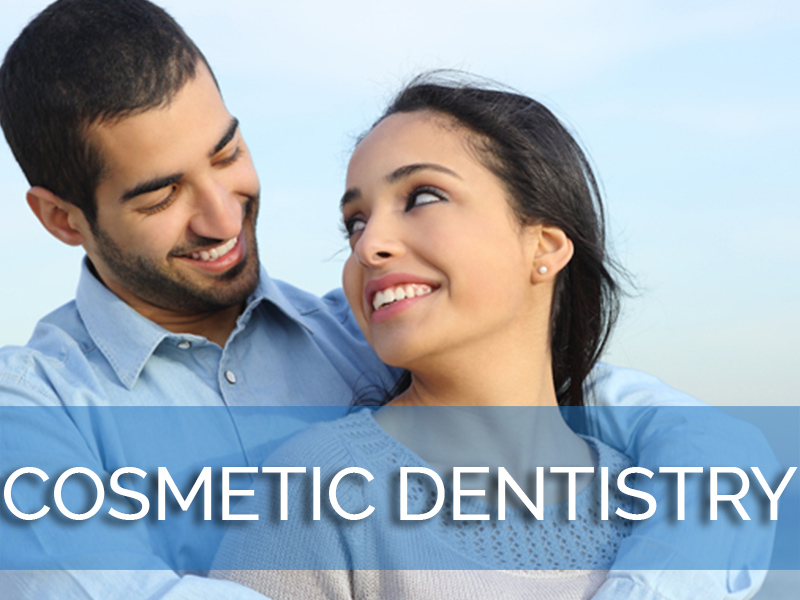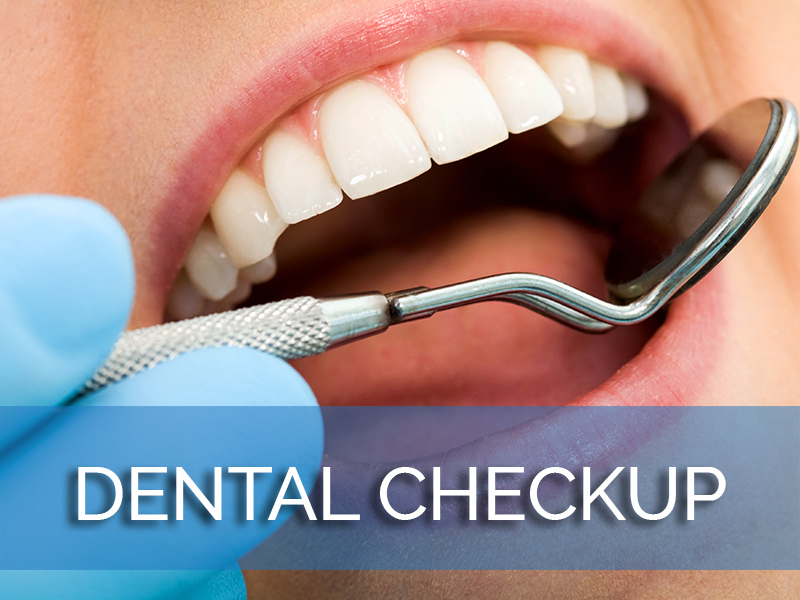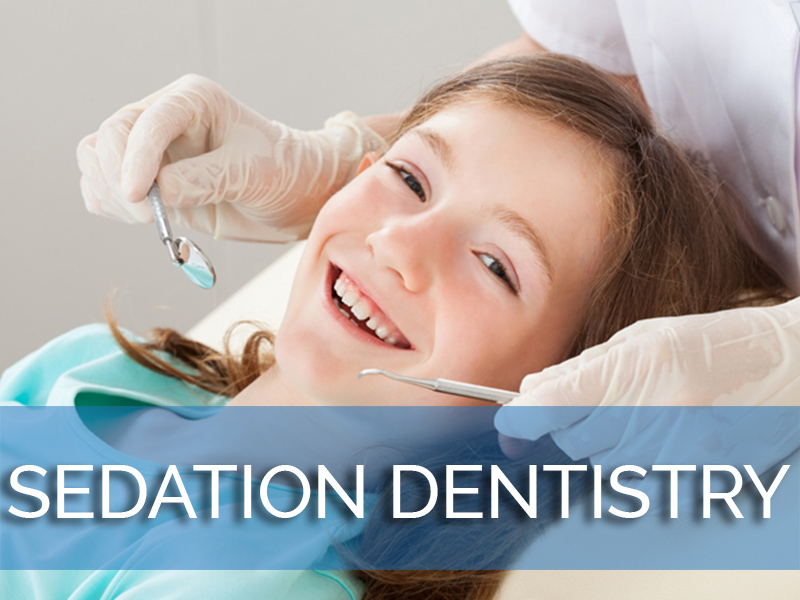A commonly distressful experience when it comes to oral health is tooth pain, whether unexplained or from a known source. While unpleasant, pain is our body's way of letting us know something is amiss and must be attended to. Paying attention to these signals and responding accordingly is the best way to avoid unseen complications that may grow out of the problem further down the line.
There are many things that can cause your teeth to hurt - one effective way of narrowing down the potential problems you may be experiencing is taking careful note of when you feel the pain and what physical or environmental influences seem to be present when your toothache occurs. If you notice sharp pain when chewing or when pressure is applied to a certain tooth or series of teeth, you may be suffering from decay or a cracked tooth. If you feel prolonged discomfort when your teeth are exposed to high or low temperatures, the sensitivity could be a result of toothbrush abrasion, or perhaps a root exposed at the gumline. Damaged and improperly-maintained therapeutic fixtures, such as fillings or bridges, can also cause your teeth to hurt. Constant pain that seemingly has no cause may be a sign of infected tooth pulp, right where the extremely sensitive inner nerves are hidden. Teeth-grinding at night is a common cause of indistinct, general pain and tension in the teeth and jaw as a whole, as can a maligned bite. A sore tooth surrounded by inflamed gums is an indicator that it could be abscessed, a condition requiring the immediate attention of your dentist.
While it is always recommended that you bring any unidentifiable dental pain into your dentist's office, there are several at-home remedies that may be utilized in less severe cases. Gargling with warm water and saline is a common source of easily-accessible relief, as is the moderate use of over-the-counter medication such as Advil. Hot and cold compresses will aid cases where a dimension of physical swelling is present, allowing blood to flow more freely to the area in question. Increasing one's daily intake of vitamin C has also been shown to reduce oral discomfort.
Ways to avoid the onset of unwanted tooth pain should be fairly obvious - brushing and flossing properly every day is, of course, a given. Keeping up with your regularly-scheduled dentist appointments will keep a set of keen eyes on your mouth and allow them to spot any potential anomalies before they have a chance to develop into more advanced issues that are more difficult to treat; this will also allow them to watch over any dental or orthodontic implements you may have in your mouth. Any problems and pain that persists for longer than a few days should be brought to your dentist's attention as soon as possible.
OUR SERVICES
Insurance Policy
Some of the major insurances we accept are displayed to the right, however, we gladly accept ALL PPO Insurance plans and are a Delta Dental Premier provider.
We will gladly help you to understand whether your insurance has limits on the doctors you can see or the services you can receive. If you provide complete and accurate information about your insurance, we will submit claims to your insurance carrier and receive payments for services.
Depending on your insurance coverage, you may be responsible for co-payments, co-insurance, or other deductible amounts. Please contact our office or call your insurance carrier should you have any questions.


YourLocalDentist.com
(800) 838-6316
8539 Sunset Blvd, Ste 16, Los Angeles, CA 90069
18399 Ventura Blvd #251, Tarzana, CA 91356
11126 Chandler Blvd. North Hollywood, CA 91601
6200 Wilshire Blvd #1508, Los Angeles, CA 90048
16500 Ventura Blvd., Suite 150 Encino, CA 91436
9535 Reseda Blvd, Suite 203, Northridge, CA 91324
361 E. Thousand Oaks Blvd. Thousand Oaks, CA 91360
4975 Whittier Blvd. Los Angeles, CA 90022
11233 Valley Blvd El Monte, CA 91731
17311 Yukon Ave Torrance, CA 90504
17742 Beach Blvd Suite 350 Huntington Beach, CA 92647
925 E. San Antonio Drive, Suite 15 Long Beach, CA 90807

